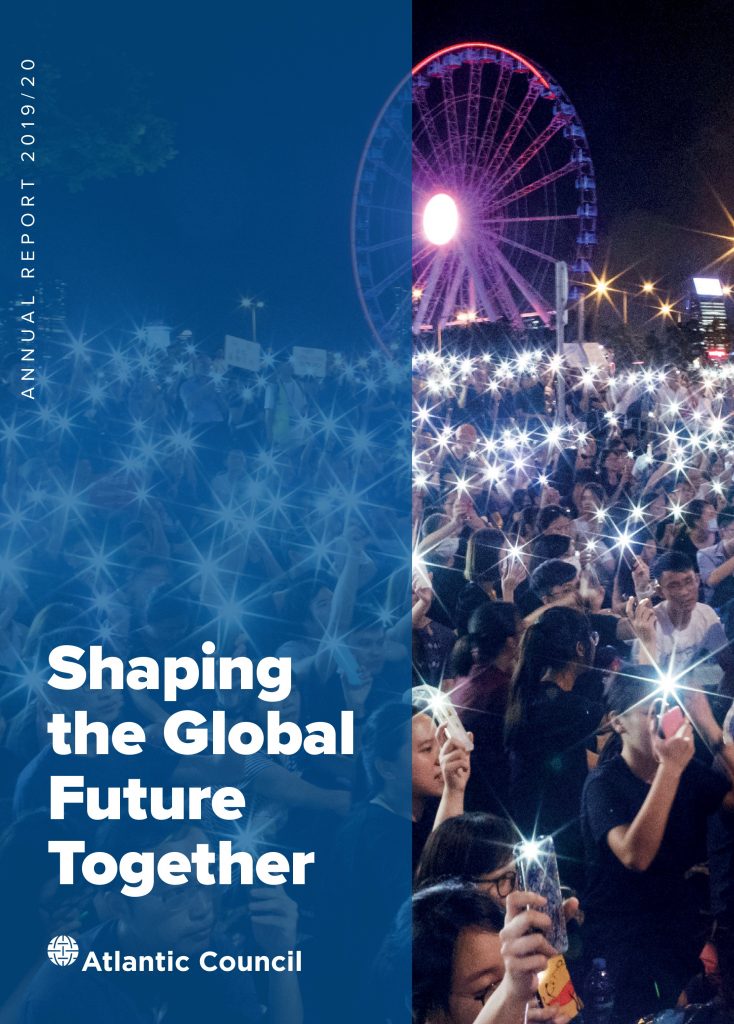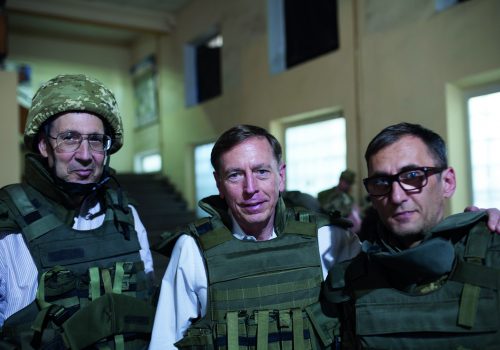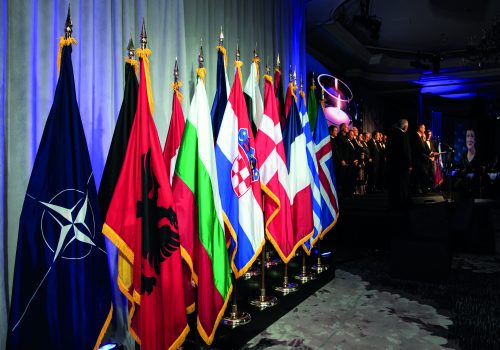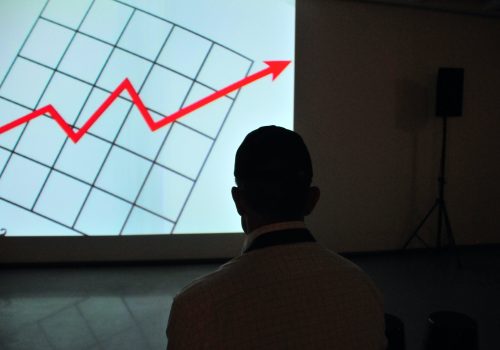Africa Center
Promoting dynamic geopolitical partnerships with African states.
The Africa Center seeks to promote dynamic geopolitical partnerships with African states and to redirect US and European policy priorities toward strengthening security and bolstering economic growth and prosperity on the continent.
African communities harnessed the power of social media and public protest to mount important, and overdue, challenges to authoritarian states in 2019. The Republic of the Sudan’s popular removal of long-standing ruler Omar al-Bashir in April was a singular and still-fragile achievement. His fall from power has left the country with a power vacuum that can only be repaired by a long and complex sequence of reforms, which will necessitate both the cooperation of Sudan’s security forces and the active re-engagement of Western powers. As Sudan’s civilian-led transitional government worked to find its footing, the Africa Center–through its Sudan Initiative led by Senior Fellow Cameron Hudson–provided an inimitable forum for research and analysis. Over the summer, the Africa Center hosted two strategy sessions for policy makers, including one for US Special Envoy for Sudan Ambassador Donald E. Booth. The center also provided the venue for Sudanese Prime Minister Abdalla Hamdok’s public address to Washington in December, which marked the first official visit of a Sudanese head of government in over thirty years.
Another important, and imperfect, transition occurred in the Democratic Republic of the Congo. Popular outrage and international pressure prevented authoritarian President Joseph Kabila from running for an illicit third term and compelled him to surrender power to Félix Tshisekedi. The center hosted Tshisekedi in April, where he outlined his vision for a strategic partnership with the United States. Senior Fellow Dr. Pierre Englebert continued to lead the center’s Congo on the Edge programming through astute analysis of the elections and cutting-edge research on provincial decentralization efforts. While center Director Dr. J. Peter Pham recused himself from the center’s work on the Congo, he was very much engaged in this historic transition as the United States special envoy for the Great Lakes Region of Africa.
The appetite for change was not universal, however. The citizens of some of Africa’s foremost powers— Nigeria, Senegal, and South Africa— voted to return incumbents to office in 2019. Democracies across the continent continued to struggle under the siege of extremist violence. Most worryingly, a soaring number of attacks by Islamist militants forced more than one million people to flee their homes across the Sahel. Over one thousand violent incidents were reported in 2019 alone, underscoring worrisome cracks in the capabilities of G5 Sahel countries and donor nations to respond to the escalating security crisis. Recognizing these challenges, the center welcomed Mali’s former Prime Minister Soumeylou Boubèye Maïga and former Minister of Foreign Affairs and International Cooperation Kamissa Camara in March.
While 2019 proved to be a milestone year for intra-continental trade, with the much-awaited entry into force of the African Continental Free Trade Area in May, US-Africa trade hit some roadblocks. Notably, US Customs and Border Protection (CBP) issued several withhold release orders on goods produced on the continent on grounds of forced labor. CBP’s investigation into reports of child labor in Côte d’Ivoire’s cocoa sector triggered a visit to Washington by First Lady Dominique Ouattara, who spoke at the council in September. Further engaging with the West Africa region, the Africa Center hosted Guinean President Alpha Condé for a strategic discussion on US trade and human rights ahead of much-anticipated elections in 2020.
Looking ahead, center Director of Programs and Studies Bronwyn Bruton is tracking the run-up to Ethiopia’s upcoming elections and the pace of Nobel Laureate Prime Minister Abiy Ahmed’s reforms. In June, she moderated a roundtable with Berhanu Nega, the head of the newly formed political party Ethiopia Citizens for Social Justice.
Next:
Read the full report:

Annual Report 2019/2020
John FW Rogers, Chairman of the Atlantic Council, and Fred Kempe, CEO and President, explain how our past year’s performance, and a dozen years of growth and innovation, helped position us for the historic disruptions of 2020. Read the full introduction.
Image: Image: Sudanese Prime Minister Abdalla Hamdok addresses the Atlantic Council on December 5, 2019.



